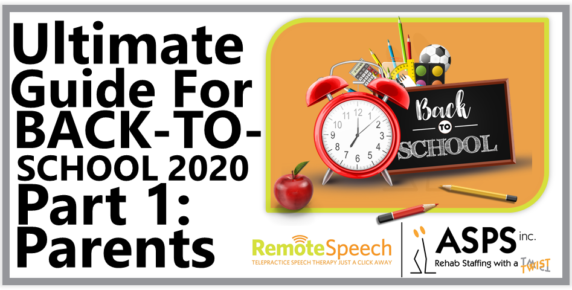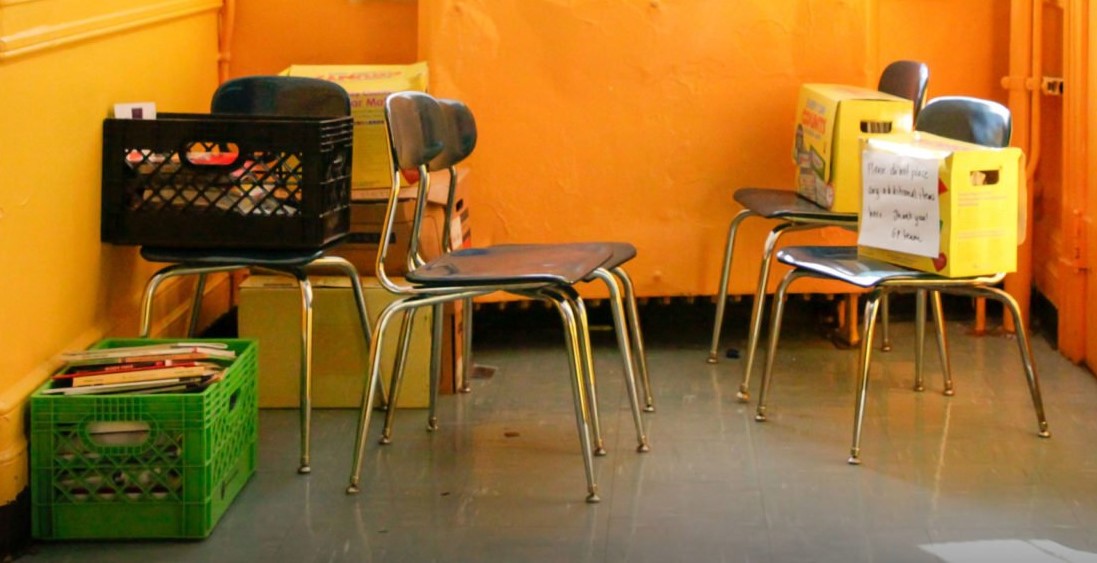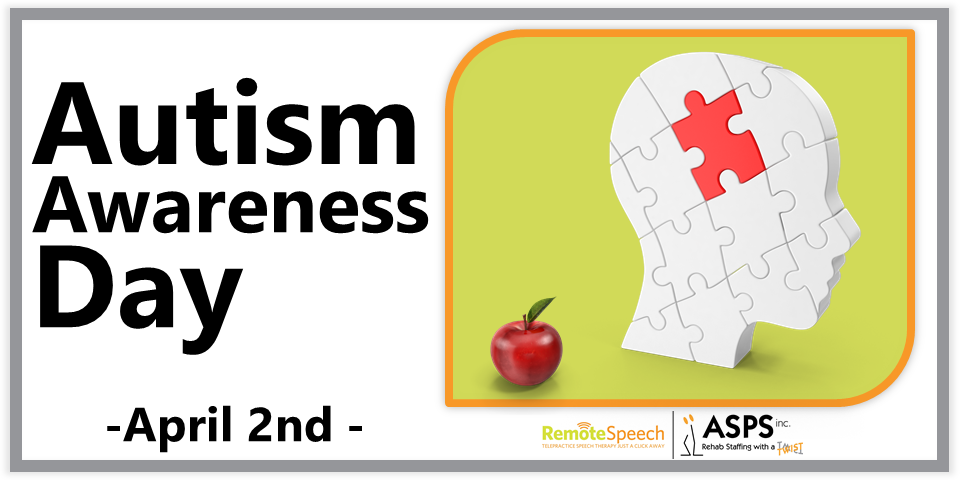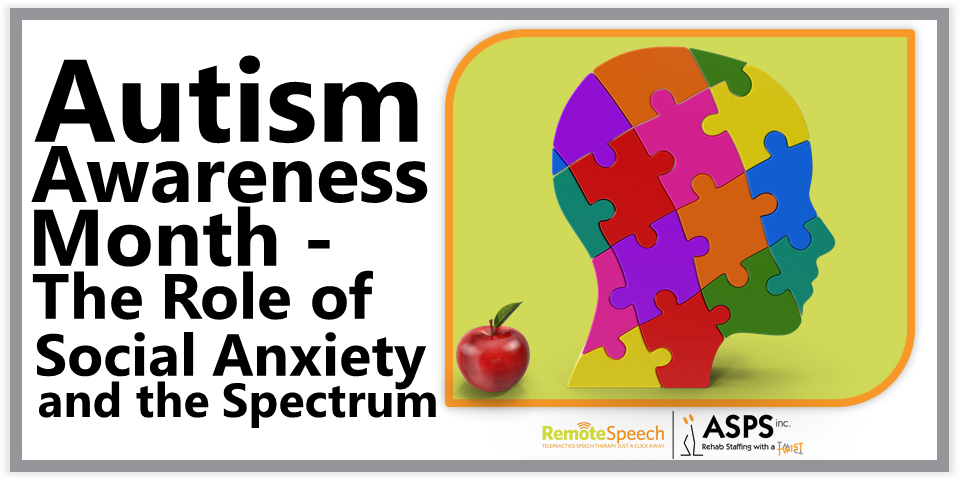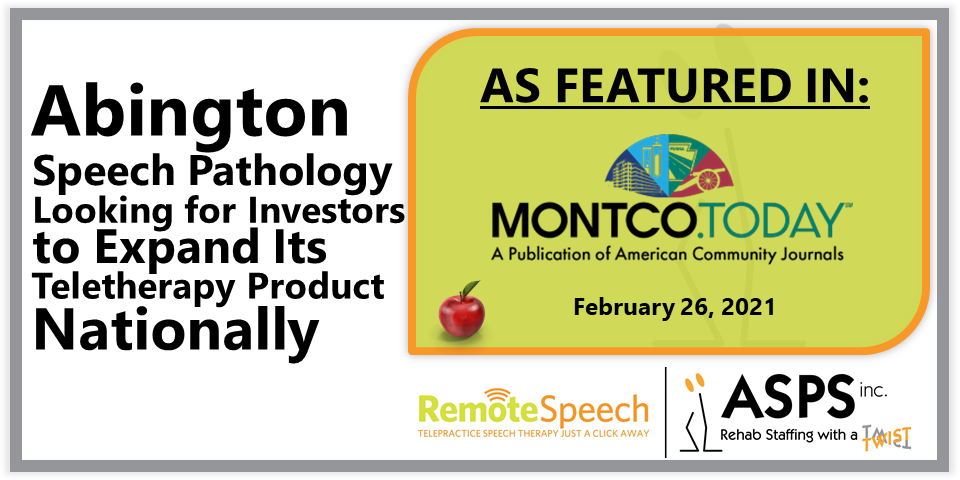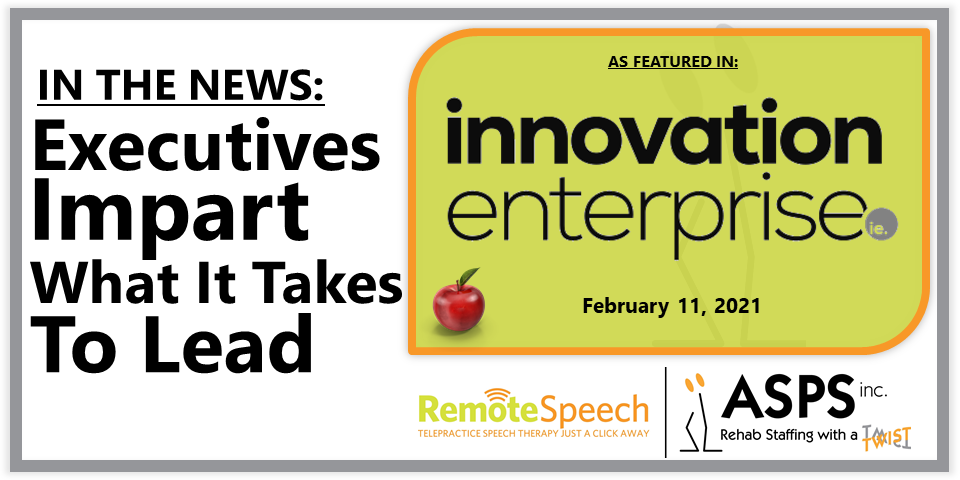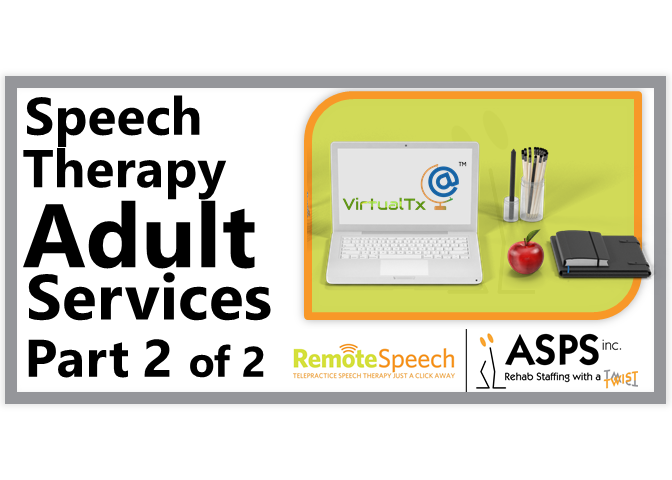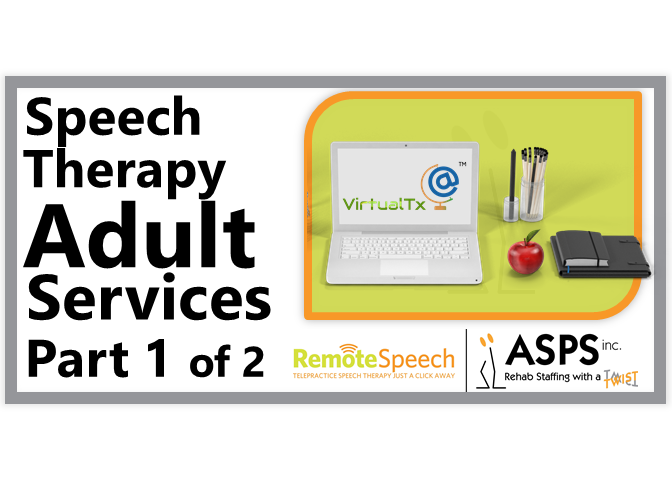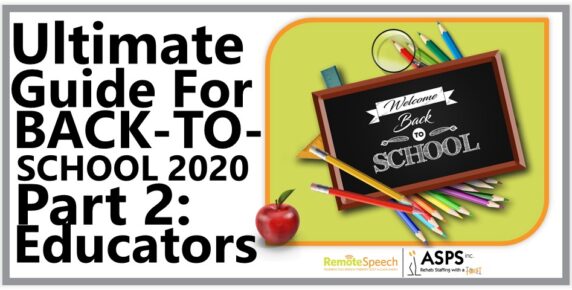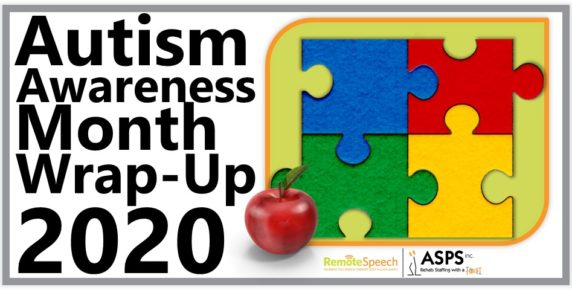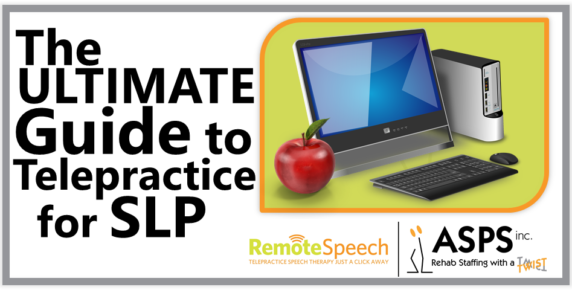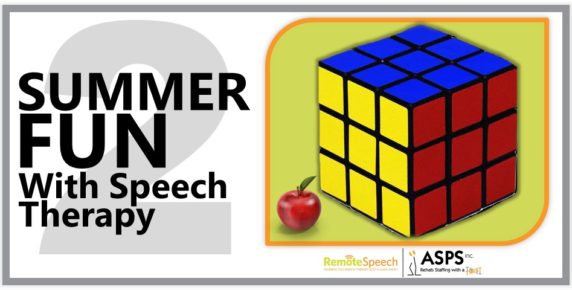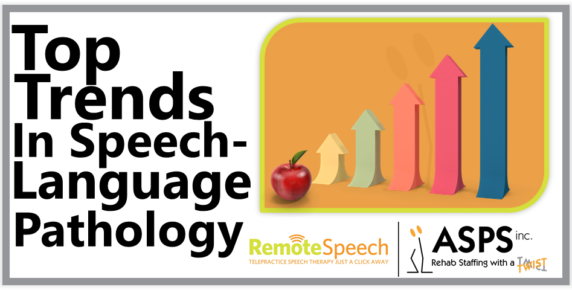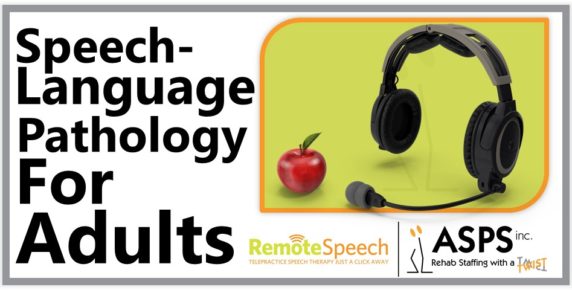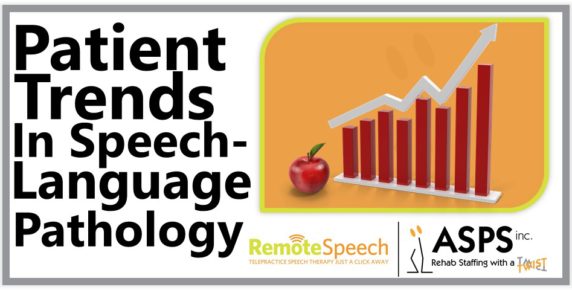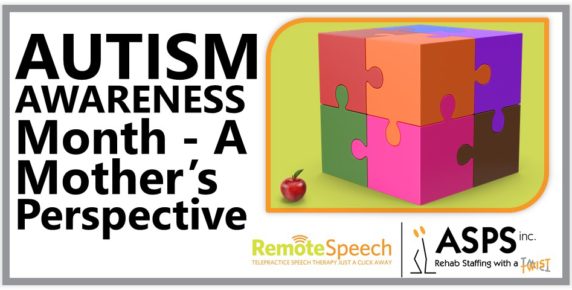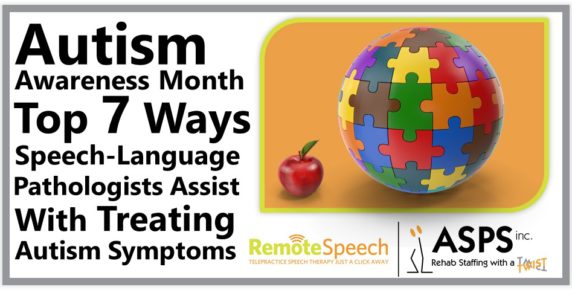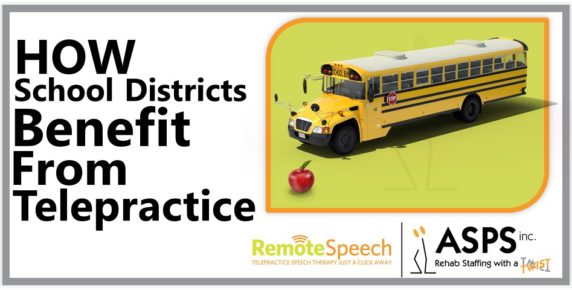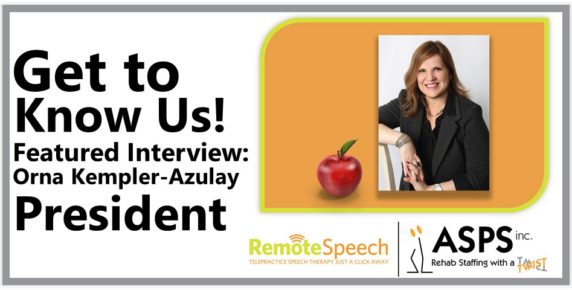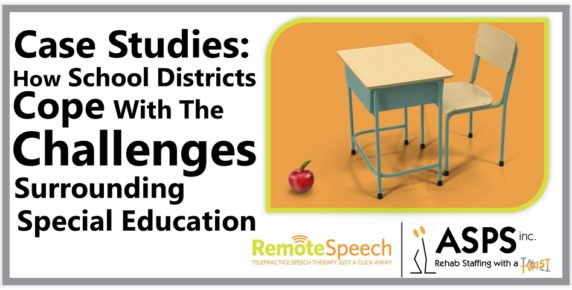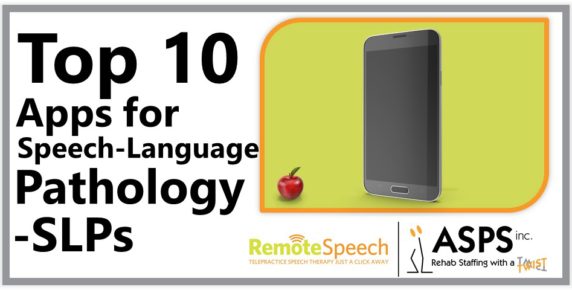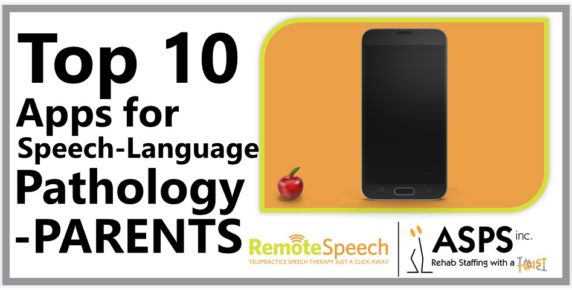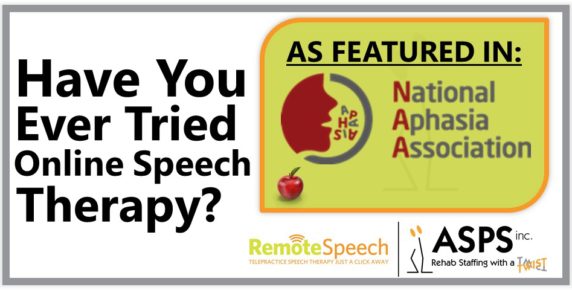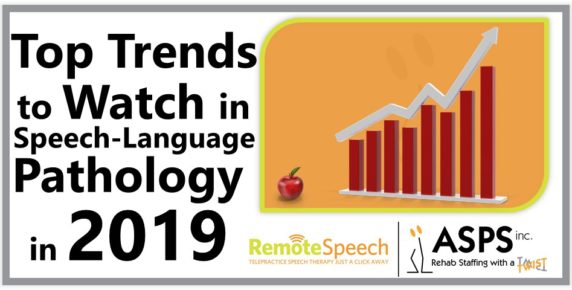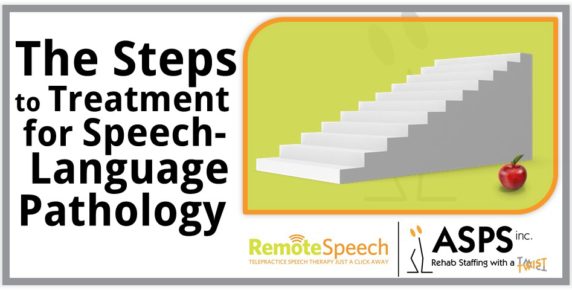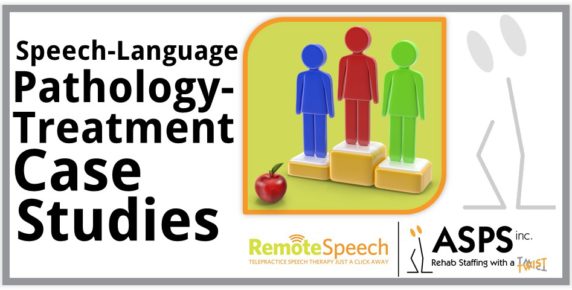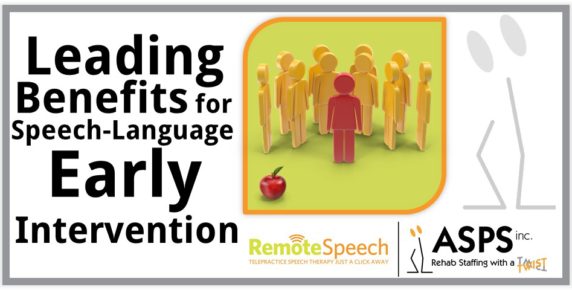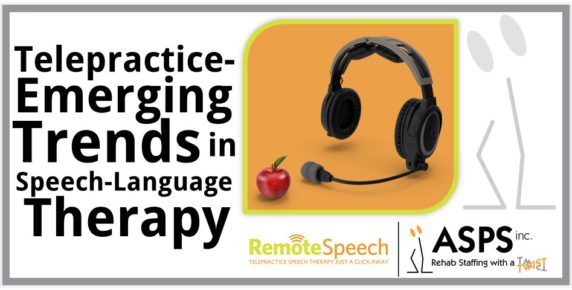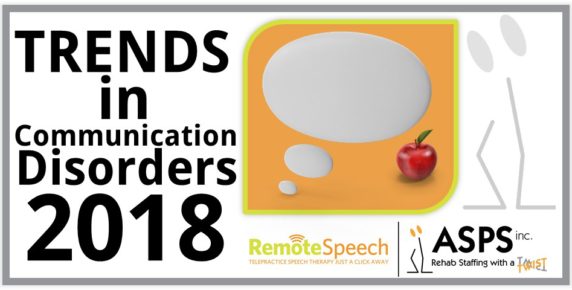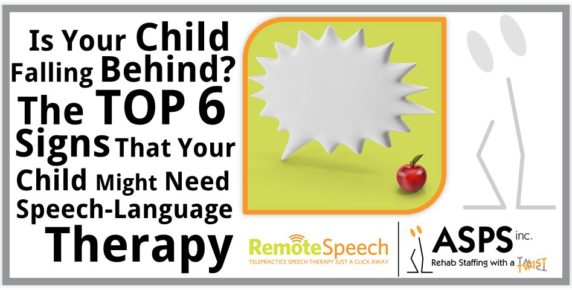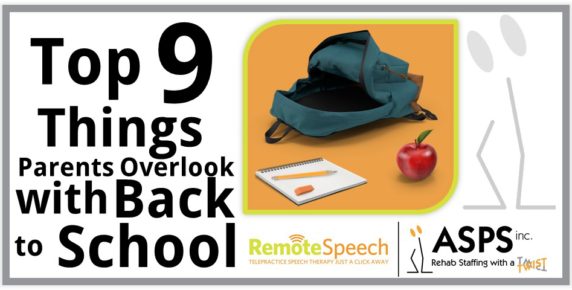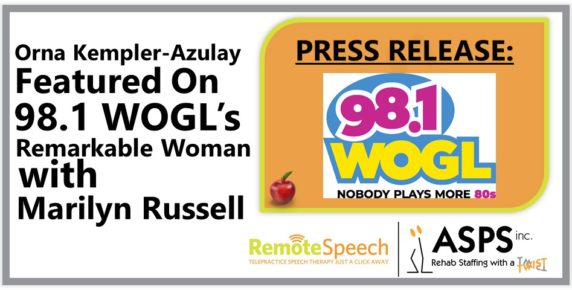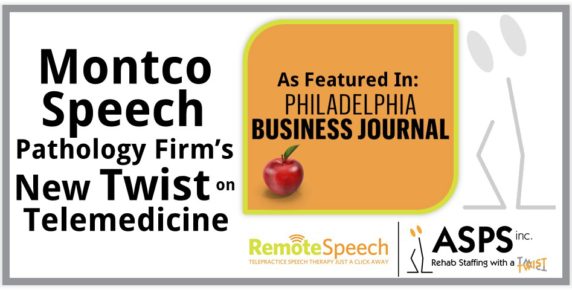Its that time of year again, as children of all ages are gearing up to return to school. Here at Abington Speech Pathology and RemoteSpeech.com, we celebrate this time of year on par with major holidays, as it provides us with the opportunity to serve as a supportive resource to our clients, their families, educators, school districts and speech-language pathologists alike. In previous years, we have debuted fun topics such as “Top 9 Things Parents Overlook with Back To School” and “10 Questions To Ask Your Speech-Language Pathologist Before Treatment.” However, as everyone knows, 2020 is different.
In the midst of the Covid 19 pandemic, even the most ordinary things seem extraordinary. The stress and excitement that typically accompany the “back-to-school” time of the year, have now been compounded exponentially. What was once relied on as an annual “routine” has now seeming to catch us “off guard;” it seems like 2020 will be the “first” of many “firsts” throughout the year (and for the foreseeable future).
We recognize the myriad of emotions that are overwhelming the masses with fear, confusion, and frustration. We are motivated to honor what was once a fun annual tradition with a resource to support all facets of our community, from parents to educators alike. In our two-part series, we will explore resources to make sure that you are ready for “back-to-school” for all age groups. In part 1 of our series, we will help parents with the top 5 things to direct your focus and attention, with research, first-hand accounts, and relatable content to help to ease the tension. Listed in order of priority, let’s begin!

1. MUSTER THE COURAGE TO DO WHAT IS RIGHT FOR YOUR FAMILY.
In 2020, ‘Back to school’ means anytime from late July to after Labor Day, depending on where in the U.S. you live. Plans for schools vary widely from State and region country wide.
The rules for each school vary as some schools are completely online, while others are adopting a hybrid model that consists of both in-person and online coursework. Education Week Magazine has launched a Re-Opening Tracker to share reopening plans of a sample of school districts across the country. As of August 21, 21 of the 25 largest school districts are choosing remote learning only as their back-to-school instructional model, affecting over 4.5 million students. Other top districts shifted school schedules later, hoping for cases to decline or for teachers and administrators to have more time to plan for the school year. According to Annette Anderson, deputy director of the Johns Hopkins Center for Safe and Healthy Schools, it’s likely the majority of big districts will start learning remotely while they work out plans for socially distant reopenings.
The New York Times recently issued an illustrated guide titled What Back to School Might Look Like in the Age of Covid-19 to show how schools will try to control the coronavirus when students return to their classrooms this fall or in the future. Needless to say, once the school year commences, parents and students should prepare for dramatic adjustments both on campus and from home.
Each circumstance is accompanied by a unique set of its own challenges. The latest science on coronavirus and kids helps to empower parents by considering what is best for their family while juggling the challenges with childcare and work-home balance.
With public safety, Federal and State mandates and limitations within the school district, it seems that the best interest of the children and family structure are the last things to be taken into consideration. For children with special needs, these considerations are especially important and should take priority.
Here are 9 questions to help vet your back-to-school choices

2. PREPARE BOTH PHYSICALLY AND EMOTIONALLY.
EMOTIONAL PREPARATION.
As most parents of children with special needs are aware, a child’s emotional stability has an incredible impact upon their ability to learn. At any age, even minor adjustments to long-rehearsed and practiced routines can challenge a child’s ability to focus, manage their emotions and more. Increasingly, parents are voicing their concerns for their child’s mental health amid the Covid pandemic.
Taking the time to invite your child to communicate their feelings can help parents implement the proper supports. Listening to other children in your child’s peer group can also lend invaluable insight into disruptions that your child might encounter, and suggest ways that you might be able to ease these transitions. Students that recently returned to school explained their experience and voiced their frustrations while providing some helpful hints about how these challenges might be remediated.
Among the leading tactics to consider for students is to maintain a sense of routine and “normalcy.” A leading suggestion that is gaining popularity takes the child’s school milestones that can be safely repeated into account, such as class photos and virtual hangouts. Ideas to maintain normalcy include taking pictures on the first day of school, maintaining daily school schedules by dedicating set times for each subject, packing a special lunch, and more.
PHYSICAL PREPARATION.
Preparing for the school year in years past could be an extensive exercise for parents; in 2020 it can seem exhausting. We recommend these helpful hints from the US Department of Education to help parents prepare for a successful school year (even if it is virtual) along with this month-by-month guide filled with advice, tools, and resources.
Finally, an activity that will provide both physical and emotional preparation for both parents and students alike is to get involved in your child’s education with supplemental learning materials. At Abington Speech Pathology, we have always recognized that summer breaks and extended vacations can impact a child’s ability to stay on track with learning and development. To address this break in education, we release a series of posts with activities to make learning fun, all of which are geared toward the child’s communication and development. Although these activities have been geared toward summer, spring, and holiday vacation, they can provide a perfect adaptation to remote learning by providing a fun break, introduce some brevity, a few laughs and keep them on track!
- Keeping Your Kids on Track with Speech-Language Pathology
- Summer Fun with Speech Therapy – Part 1
- Summer Fun with Speech Therapy – Part 2
- Spring Has Sprung 5 Free Games for Speech Language Pathology
- Speech Language Pathology – Twelve Gifts for the Holidays
Tips for parents of children with special needs
10 ways to work toward a successful year

3. SAFETY
While some schools are opting for remote learning or a hybrid of in-person and online sessions, others are pushing ahead with in-person classes with proper sanitation protocols. Social distancing markings, COVID-19 program coordinators and smaller class sizes are only a few of the reflections of the pandemic-era classroom experience. Although schools will follow the Centers for Disease Control and Prevention’s guidelines to ensure safety for children, it’s always a good idea to reinforce these standards from home as well.
- Here’s how parents can protect their kids from coronavirus as schools reopen, with helpful advice, including packing home lunches, avoiding the bus stop and more.
- Check out the new guidelines issued by the CDC
The updated guidelines emphasize the importance of keeping schools open if possible.
Schedule a back-to School Check-Up with your Family Doctor.
Back to school check-ups can be a great way to get a gauge on how healthy students are as they are getting ready to go back to school, but scheduling those before school starts may be tough. If you are unable to schedule an appointment prior to the start of the year, be sure to schedule an appointment in the first weeks of school. In the interim, you can review online advice provided by pediatricians on the best practices for returning to school.

4. SHOPPING.
Back-to-school is usually synonymous with back-to-school shopping. But in 2020, Covid 19 is even transforming this long-held tradition. As the pandemic reverberates across the economy (casting around 30 million Americans out of work) it continues to reshape consumer priorities and force retailers to adapt. With many schools opening virtually, parents are putting off purchases of shoes, clothing, and backpacks but are loading up on electronics like laptops and headphones. Even in places where schools are reopening, supply lists look markedly different: Students are asked to bring water bottles (because water fountains are turned off), beach towels (so they can hold classes outside), and fanny packs (for essentials like face masks and hand sanitizer).
A Research survey has found that safety requirements are transforming what parents and teachers should prioritize. Researchers note in their findings:
- Of 1,200 parents and teachers polled in July, 70% of parents said they expect to buy personal protection equipment — such as face masks, sanitizer, and wipes — this back-to-school season, up from 2% who planned to purchase these items last year, Meijer said Tuesday.
- 30% of teachers surveyed plan to buy electronic items to set up virtual learning in their homes.
- With the rise in distance learning, whiteboards and markers also are expected to be a more common purchase for this school year.
- Parents plan to spend less on locker decor, backpacks, apparel and shoes for the start of the school year, but they anticipate spending as much as $300 for bedroom and student workspace décor, up 66% from last year
- Similarly, teachers are slated to raise spending for PPE while lowering spending on materials for bulletin boards and classroom décor.
- The survey also revealed that the single greatest shift among teachers this year is the realization that shared supplies used by multiple students are out.
Read the entire Report Here
Helpful Hints with Planning your Back to School Budget Here
Another trend for back to school is preparing the appropriate set-up for virtual learning, with the appropriate technology. Instead of a closet full of new school clothes, parents may be looking at laptops, desks or classroom decor to create a learning space in their home.
That may mean digging deeper into your wallet, or getting creative with your supplies or your budget. In fact, the pivot to remote learning is causing 61% of families with school-aged children to reevaluate their finances and careers, a recent survey from Bankrate found.
Back-to-school spending is expected to reach a record high this year, according to the National Retail Federation. Parents with children in elementary school through high school expect to spend an average of $789.49 per family, up from $696.70 last year, the NRF found.
Technology is very high on many people’s list, with 63% of K-12 families expecting to buy computers or other electronics this year, up from 54% last year. They plan to spend an average of $274.44.
The trend can also be seen in earnings reports like those of retail giant Target, which saw profits jump 80%. Its strongest sales were electronics, up more than 70% over a year earlier.
**Before you buy any technology, check with the school first to see if it will be provided to the students.**

5. SUPPORT.
Last, but certainly not least, is finding an appropriate support system for parents and children alike. After all of the difficult decisions, life adjustments, and setup, nothing helps parents struggling with angst more than the ability to talk to someone, particularly with additional challenges that are unique for children with learning disabilities.
Abington Speech Pathology and RemoteSpeech.com are uniquely prepared to provide assistance for parents of children with Speech-Language Pathology.
Abington Speech Pathology is managed and owned by a licensed speech-language pathologist. All of the company’s directors are licensed and remain clinical to better direct and support both the company’s clients and the clinical staff.
Through the years the company’s client base continues to grow and remains loyal. ASPS, INC has expanded its services to include Physical therapy, Occupational therapy, Teachers of the visually and hearing impaired and School psychologists. ASPS, INC. now operates two offices. The corporate office is in eastern PA and services all 5 major counties surrounding the metro Philadelphia area. The Southern CA office services the Los Angeles and Orange County metro areas and at this point only offers speech pathology services to all settings.
The company offers the professional staff a lending library of materials. In PA, there are 2-3 continuing educational seminars to assist on clinical growth and state and national mandated continuing educational requirements.
RemoteSpeech is a subsidiary of Abington Speech Pathology Services, a multi-faceted Rehab company that has provided Speech Staffing and support throughout the country for more than 20 years. RemoteSpeech combines crystal clear voice with the sharpest video to provide next-generation video calling and high-definition video delivery.
Prior to the Covid 19 pandemic, Orna Kempler-Azulay, President of RemoteSpeech, says the demand for speech-language therapists was outpacing the supply in some cities. RemoteSpeech is here to meet the demand. With its live, face-to-face interaction, RemoteSpeech is not the next best thing to being there in person — it’s just as good, and, in some cases, even better. With advanced state-of-the-art games, activities, and interactive screen sharing, students and adults will actually look forward to their therapy sessions.
The response to the COVID-19 virus is unprecedented. Because of our unique role in children’s K-12 education, we feel a responsibility to do what we can to assist schools, therapists, and students with this transition to online learning and seclusion. To ensure that our clients remain engaged and supported, our therapists will be providing complimentary “Support Sessions” to the country’s youth. We will also be assisting schools by training therapists for remote therapy. Click here to schedule a complimentary assessment by one of our licensed partners!
If you believe that you or your child would benefit from a formal screening from a licensed, Speech-Language Pathologist, click here to schedule a complimentary assessment by one of our licensed partners.
Click Here to Learn More About Our Telepractice – Remote Speech-Language Therapy!


